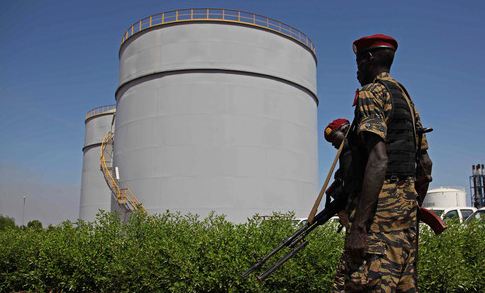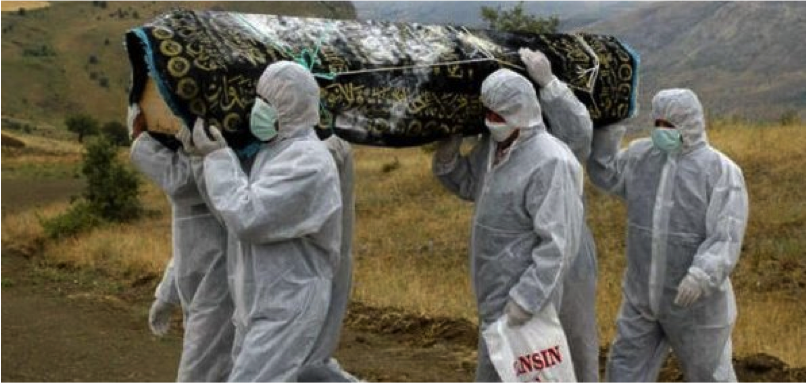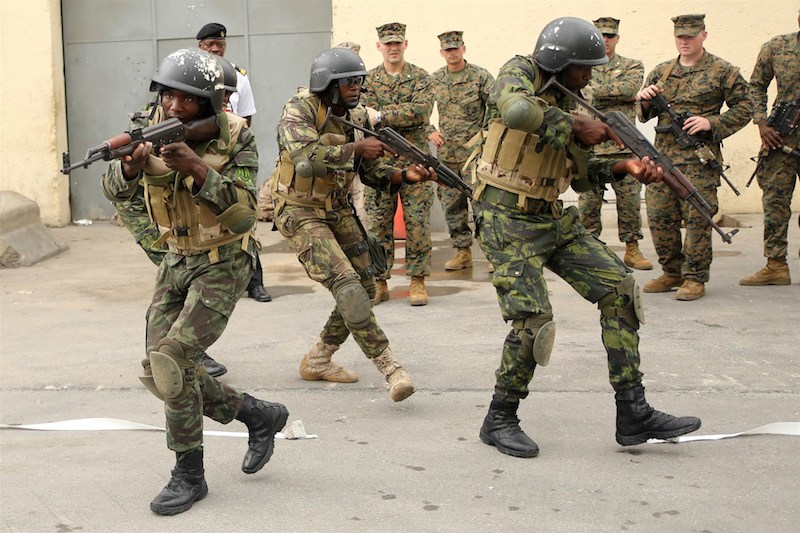Relations between Sudan and neighbouring South Sudan have historically been less than amiable. However, recent tensions over the funding of rebel groups in both countries are steadily bringing the two countries closer to larger conflict than at any time since South Sudan’s independence in 2011. As a response to purported South Sudanese support of rebels operating within their territory, on June 9th Sudan declared that it would close all oil pipelines flowing north from South Sudan to export markets within 60 days. If implemented, this move would have devastating effects on the South Sudanese economy, which derives over 90% of its government revenue through its oil exports. In the wake of this threat, South Sudanese President Silva Kiir called the move a “declaration of war”, and rebuffed the accusation of his government’s support for the rebels in Sudan.
[captionpix align=”left” theme=”elegant” width=”320″ imgsrc=”http://natoassociation.ca/wp-content/uploads/2013/06/SudanOilPipelines.jpg” captiontext=”Map of oil pipelines in Sudan prior to the South’s independence. The dotted green line is now the border between Sudan and South Sudan.”]
Ultimately, the ongoing dispute between Sudan and its southern counterpart rests on three issues: oil, land, and internal security. South Sudan’s independence in 2011 deprived Sudan of a majority of its oil deposits, but at the same time, the oil infrastructure that had been built only supported the flow of oil north to refineries and ports in northern Sudan. While South Sudan controls the majority of the oil, it has no other choice but to ship it through Sudan in order to sell it. The two countries are also still in an ongoing dispute over three border regions; the Blue Nile Province, the Nuba Mountains, and the Abyei region. Finally, while Sudan is currently accusing South Sudan of aiding anti-government forces in its own territory, in the past South Sudan has also accused its neighbour of aiding anti-government rebels in its territory.
While these recent developments may make it clear that conflict between the two states is imminent, it should be noted that the secession process in 2011, which was the largest opportunity for Khartoum to block such a large loss of territory and wealth, occurred largely without incident. Conflict between the two states, despite having previously fought one of Africa’s longest civil wars, is still not inevitable. The two countries are still greatly dependent upon one another economically, mainly through the export of oil. The proposed blocking of all Southern oil exports, while potentially devastating to the government revenue of South Sudan, would damage the Northern economy as well. Neither government can truly afford for such a ban to go on indefinitely.
In 2011, Sudan and South Sudan came to a broad set of agreements meant to alleviate tensions and foster development. Known as the Cooperation Agreements, the nine-point plan established rules such as a demilitarized zone at the border, agreements on oil revenues, financial assistance, and a ban on supporting rebels within each other’s territory. Alongside accusing the South of supporting anti-Khartoum rebels, Sudan has unilaterally revoked these agreements along with its oil ban. In terms of moving closer to war, it is the former move that is more dangerous, because it deprives the two countries of the progress they have made in resolving their longstanding issues. Its cancellation, if not undone, is a serious regression in the peace process. For its part, South Sudan is arguing that these accusations and subsequent responses by Sudan are purely political, aimed at damaging their economy to allow more leverage in future negotiations.
The two countries are still linked through their dependence on oil exports, and will remain so for the foreseeable future. South Sudan has been in negotiations with Kenya, Ethiopia and Uganda to build a new pipeline that travels south through Kenya to the Indian Ocean, which would in time free its hand to trade with other neighbours. While on the one hand, this will allow South Sudan to avoid potential conflict with Sudan over oil exports in the future, it may also further destabilize their relationship because Sudan will be wary of losing their bargaining chip as the only means of exporting South Sudanese oil. If war is to be avoided, the Cooperation Agreements must be reinstated and accusations of rebel support need to be verified by an independent body, such as the African Union. As long as the two countries have the ability to use these threats as a rationale for larger, more dangerous actions, then larger conflict will remain a possibility.




